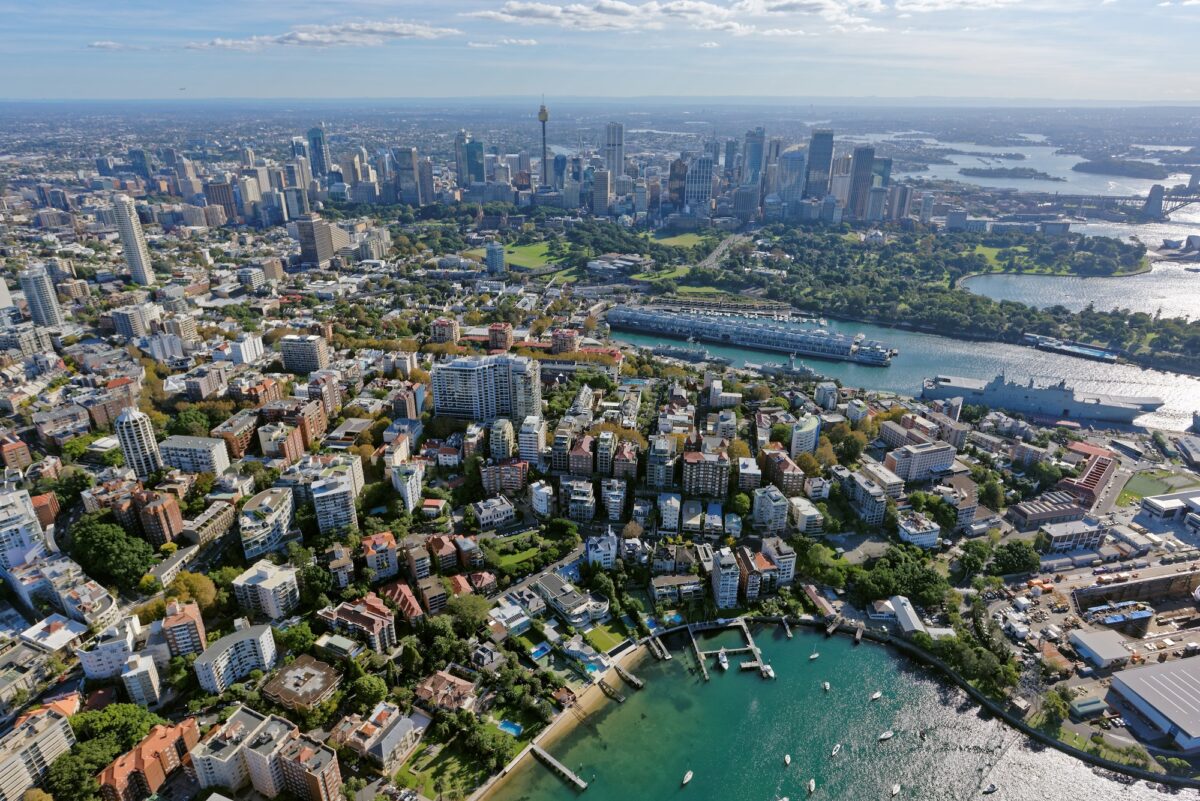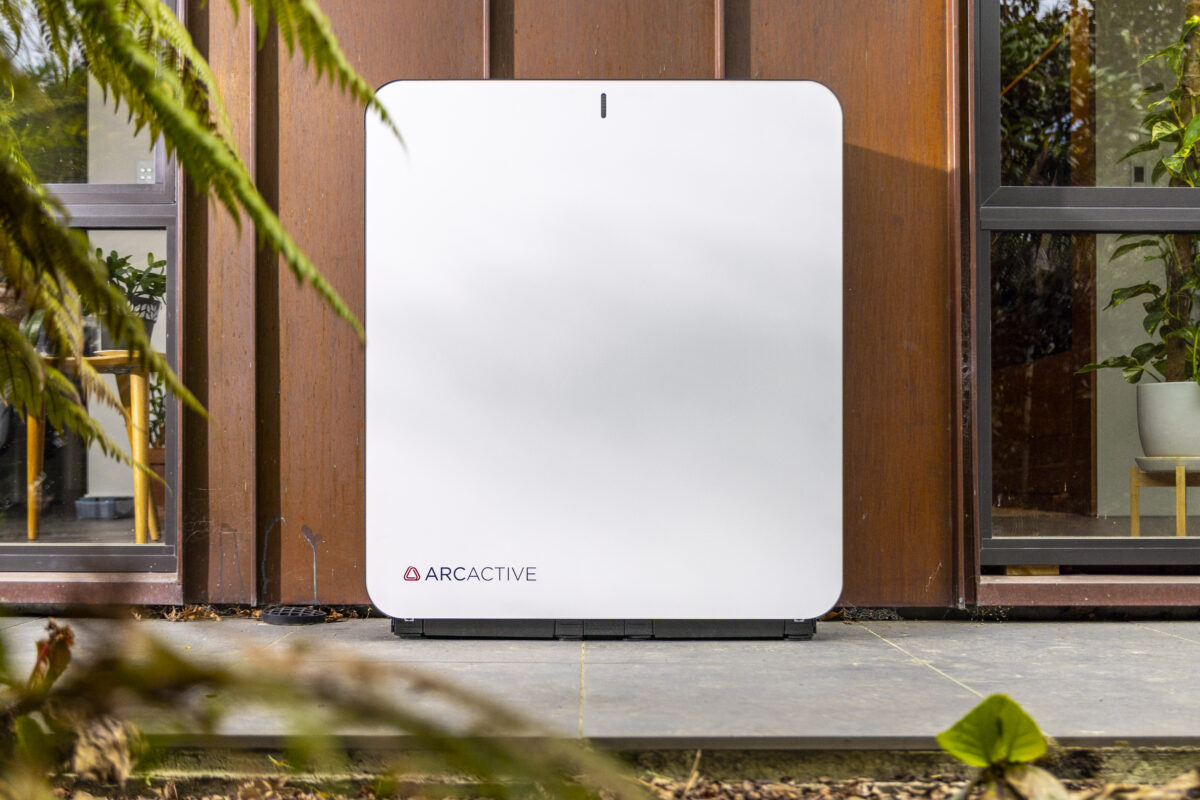City of Sydney Council earlier this week voted to examine altering planning regulations to require all new businesses and homes, including apartments, within the council area to be fully electric, reducing the city’s dependency on fossil gas.
The motion, backed by eight out of 10 councillors, calls for council to investigate the opportunities and challenges associated with inserting new clauses into development rules that would require new homes and businesses to install only electric appliances like stoves, cooktops, heaters and hot water units.
Research commissioned by anti-fossil fuel advocacy group 350 Australia shows the ban on gas connections could cut carbon emissions across the city by 1.7 million tonnes over the typical 40-year life of a dwelling. The research, conducted by Strategy Policy Research, also suggests the move could save every new household that’s built in Sydney an average of $430 (USD 275) per year on energy bills over the same period.
The move by the City of Sydney comes after NSW Premier Chris Minns last month ruled out a statewide ban on gas in new homes, saying it would further complicate the challenges the state faces in its transition to renewable energy.
If the changes do go ahead, the City of Sydney will follow the Waverley, Canterbury-Bankstown, and Parramatta councils which recently passed new planning regulations that require some new buildings across the local government areas to be all-electric.
The shift to the electrification of new properties is also going traction at state level with the Australian Capital Territory having already introduced the change. Since the beginning of the year, the ACT government has required all new builds in the territory to be exclusively connected to electricity.
Victoria has also moved to ban gas connections, last month announcing that from 1 January 2024 planning permits for new homes and residential subdivisions will only allow connections to all-electric networks.
This content is protected by copyright and may not be reused. If you want to cooperate with us and would like to reuse some of our content, please contact: editors@pv-magazine.com.









By submitting this form you agree to pv magazine using your data for the purposes of publishing your comment.
Your personal data will only be disclosed or otherwise transmitted to third parties for the purposes of spam filtering or if this is necessary for technical maintenance of the website. Any other transfer to third parties will not take place unless this is justified on the basis of applicable data protection regulations or if pv magazine is legally obliged to do so.
You may revoke this consent at any time with effect for the future, in which case your personal data will be deleted immediately. Otherwise, your data will be deleted if pv magazine has processed your request or the purpose of data storage is fulfilled.
Further information on data privacy can be found in our Data Protection Policy.